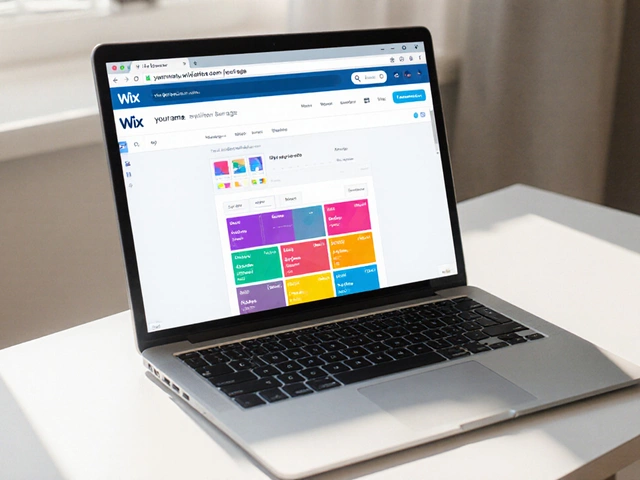Use Website Without Paying – Free Tools, Hosting & Cost‑Saving Tips
When you use website without paying, you’re looking for ways to launch or keep an online presence without any upfront fees. Also known as free web publishing, this goal often depends on free website builders, platforms that let you design and publish pages at zero cost and free hosting, services that store your site files without charging a monthly bill. Some creators even opt for self‑hosting, running a server on personal hardware to avoid third‑party fees, which directly influences the overall website cost, the total amount you spend on domain, bandwidth and maintenance. Use website without paying therefore becomes a mix of tools, services and strategies that together eliminate or sharply reduce traditional expenses.
Free Options and How They Fit Together
Free website builders cover everything from drag‑and‑drop editors to template libraries. Because they host your site on their servers, you automatically get free hosting as part of the package—this creates the first semantic link: using a website without paying encompasses free website builders. The next link: free website builders require no upfront hosting fees. Popular choices like Wix’s free plan, WordPress.com free tier, and Blogger let you publish a polished site in minutes. However, these platforms may add branding or limit custom domains, so the trade‑off is between convenience and full control. If you need more control, free hosting services such as InfinityFree or AwardSpace let you upload files via FTP while keeping the domain cost separate. Here’s the second semantic connection: free hosting enables you to keep the site live without monthly bills. You still need a domain name, but many registrars offer free subdomains or cheap .tk extensions that work well for hobby projects. For tech‑savvy users, self‑hosting is the ultimate cost‑cutting move. By installing a lightweight web server (like Nginx or Caddy) on a spare laptop or a low‑cost VPS, you eliminate the recurring hosting price. This creates the third semantic link: self‑hosting influences website cost by eliminating third‑party fees. The main expense becomes electricity and occasional hardware upgrades, which many hobbyists consider negligible compared to commercial hosting. All these routes affect the final website cost figure. Website cost determines which free or low‑budget solution fits your needs. If you’re comfortable with a small learning curve, self‑hosting can bring your monthly spend down to under $5. If you prefer a plug‑and‑play experience, a free builder with a subdomain might be enough.
Below, you’ll find a curated set of articles that dive deeper into each of these areas—whether you want to compare Wix’s free plan, learn how GoDaddy’s Indian hosting stacks up, or calculate how much you can save by self‑hosting. The collection gives you practical steps, cost breakdowns, and real‑world examples so you can pick the right path and start a zero‑budget website today.

How to Access Websites for Free: Safe Tips and Clever Workarounds
Explore smart and ethical ways to access websites for free—from exploring free trials to using creative workarounds and legal tips. Learn to recognize fair use and protect your data.
Jul 18 2025




